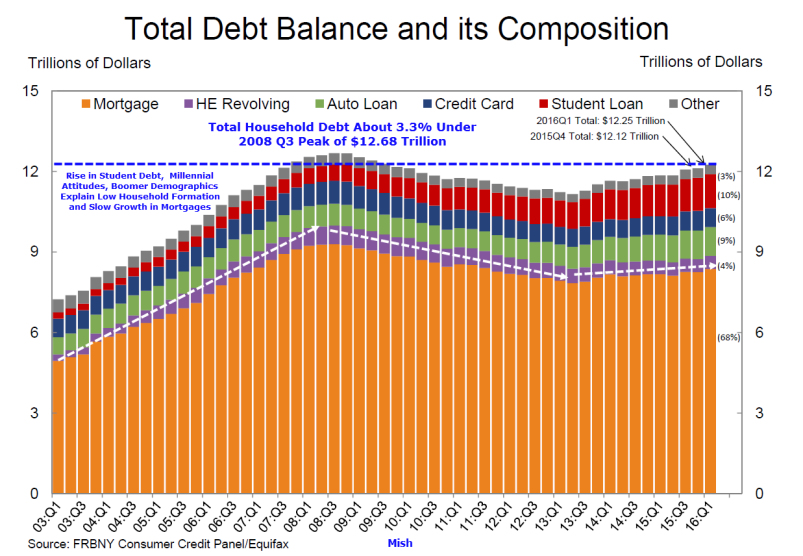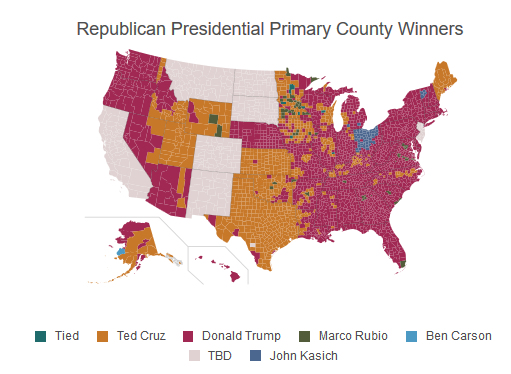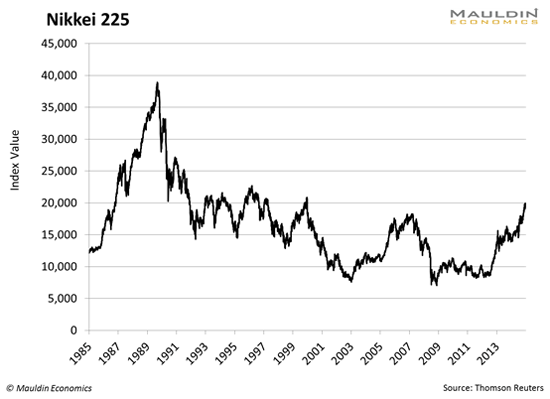Recently, France decided to crack down on those people who make cash payments and withdrawals and who hold small bank accounts. In 2011 Italy began working to end the right of landlords, tradesmen, and small businesses to perform large transactions in cash. Spain has outlawed cash transactions over €2,500. In Sweden, the use of cash is being steadily eliminated. Denmark’s central bank, Nationalbanken, has another justification for ending its use of banknotes—producing paper money and coinage is not cost effective. Israel also seeks to end the use of cash. A 2012 law in Mexico bans large cash transactions, with a maximum penalty of five years in prison. In 2014, Uruguay passed the Financial Inclusion Law, which limits cash transactions to US$5,000. And In the US, federal law requires banks to file a “suspicious activity report” (SAR) on their customers whenever a customer requests a suspicious transaction. (In 2013, 1.6 million SAR’s were submitted.) As to what may be deemed “suspicious,” it may be any transaction of $5,000 or more, but it may also mean a series of transactions that, together, exceed $5,000.









